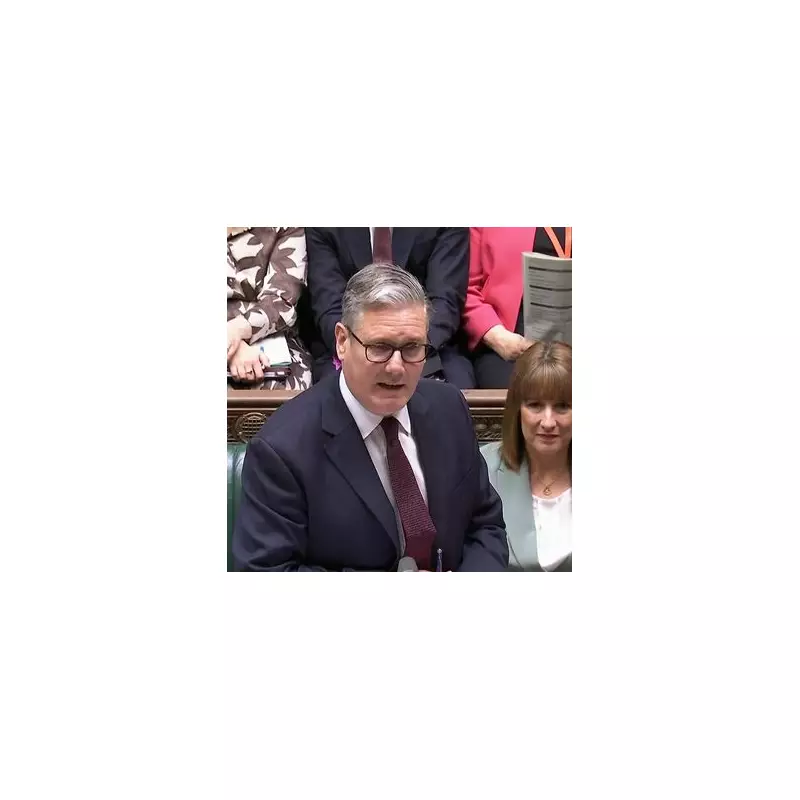
A bitterly divided Conservative Party and a nation in the grip of a winter crisis provided the explosive backdrop for this week's Prime Minister's Questions. Sir Keir Starmer seized the moment, launching a forensic and brutal assault on Rishi Sunak's premiership.
A Nation "Drowning" Under Tory Rule
Starmer's opening salvo framed the stark reality for millions. "After 14 years, our public services are on their knees," he declared, painting a picture of an NHS overwhelmed and an economy failing working people. He targeted Sunak's infamous five pledges, accusing him of breaking every single one.
The Labour leader quipped, "The only thing that's going down is the Prime Minister's credibility." He methodically listed the failures: the NHS waiting list, now longer than when Sunak took office; the economy, plunged into recession; and small boats crossings, which remain persistently high.
Tory Civil War Erupts Over Rwanda
The Prime Minister's woes were compounded not just by the Opposition, but by his own side. The session was dominated by the internal rebellion over the stalled Rwanda deportation scheme. Former Minister Sir Simon Clarke became the face of the mutiny, demanding the PM "truly end the legal merry-go-round" by ignoring international law if necessary.
Sunak, visibly under pressure, offered little reassurance to his fractious backbenchers. His defence of the policy was met with scepticism, revealing a party at war with itself and a leader struggling to maintain control.
Sunak's Defence Crumbles
The Prime Minister's retorts lacked their usual punch. Attempts to attack Labour's record fell flat against the weight of the current crises. His claim that the economy had "turned a corner" was starkly contrasted by the official confirmation that the UK had entered a recession.
As the session concluded, it was clear the political momentum had shifted. Starmer emerged as a Prime Minister-in-waiting, capitalising on the government's chaos, while Sunak was left battling fires on all fronts—from a crumbling health service to an open revolt within his own party.





